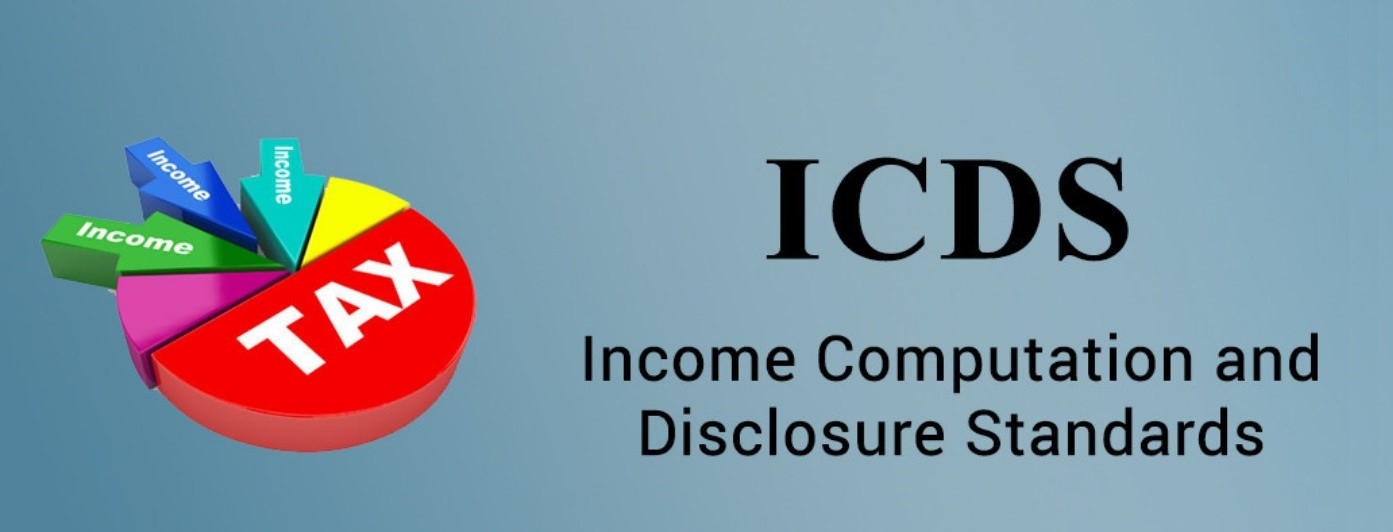When Is ICDS Applicable While Filing For ITR? 2023
Introduction
Filing an Income Tax Return has a significant legal significance in a paid or non-salaried individual’s tax records, as it upholds their lawful integrity and, in the other scenario, even documents their illegality. When Is ICDS Required for ITR Filing?
As a result, maintaining a regular and timely record of Income Tax Returns submitted is vital. The Income Computation and Disclosure Standard, or ICDS, is a wide set of policies that control how an individual’s taxable income is computed and disclosed. Financial help was offered by the Institute of Chartered Accountants. Accountants in India The Income Computation and Disclosure Standard (ICDS), the traditional doctrine for investors/tax-payers and financial advisors, lays down the rules of adherence to find out or calculate the amount of taxable income of an individual from the sources listed above, using the Generally Accepted Accounting Principles (GAAPs) as its standard.

Where Does ICDS Apply and What Are Its Benefits?
Income Computation and Disclosure Standards are the foundations for calculating income taxes, which must be based on the amounts of money produced by the assessed through “Income from Other Sources.” To compute income tax, one should be aware of how many different types of income tax rates exist in India.
The “profits and gains on the business” that the same assessed has run throughout the entire financial year also fall under the jurisprudence of the guidelines mentioned in the Income Computation and Disclosure Standards, and the amount for which tax must be paid should be calculated according to the Accounting Standard. It should be noted that the evaluation must employ the Mercantile System of Accounting and income from Other Sources/the firm’s basic profits and gains.
Conclusion
In India, ICDS (Income Computation and Disclosure Standards) apply while submitting an Income Tax Return (ITR). ICDS establishes criteria for calculating taxable income and disclosing certain transactions in order to ensure uniformity and consistency in accounting practices. It applies to all taxpayers, including individuals, firms, and corporations that use the mercantile accounting system. Revenue recognition, inventory valuation, construction contracts, physical and intangible assets, borrowing costs, and provisions are all covered by ICDS. Compliance with ICDS is required for all taxpayers who fall within its jurisdiction. By following ICDS principles, taxpayers can assure accurate computation of taxable income and conformance with accounting standards, avoiding any income tax disputes or fines.



